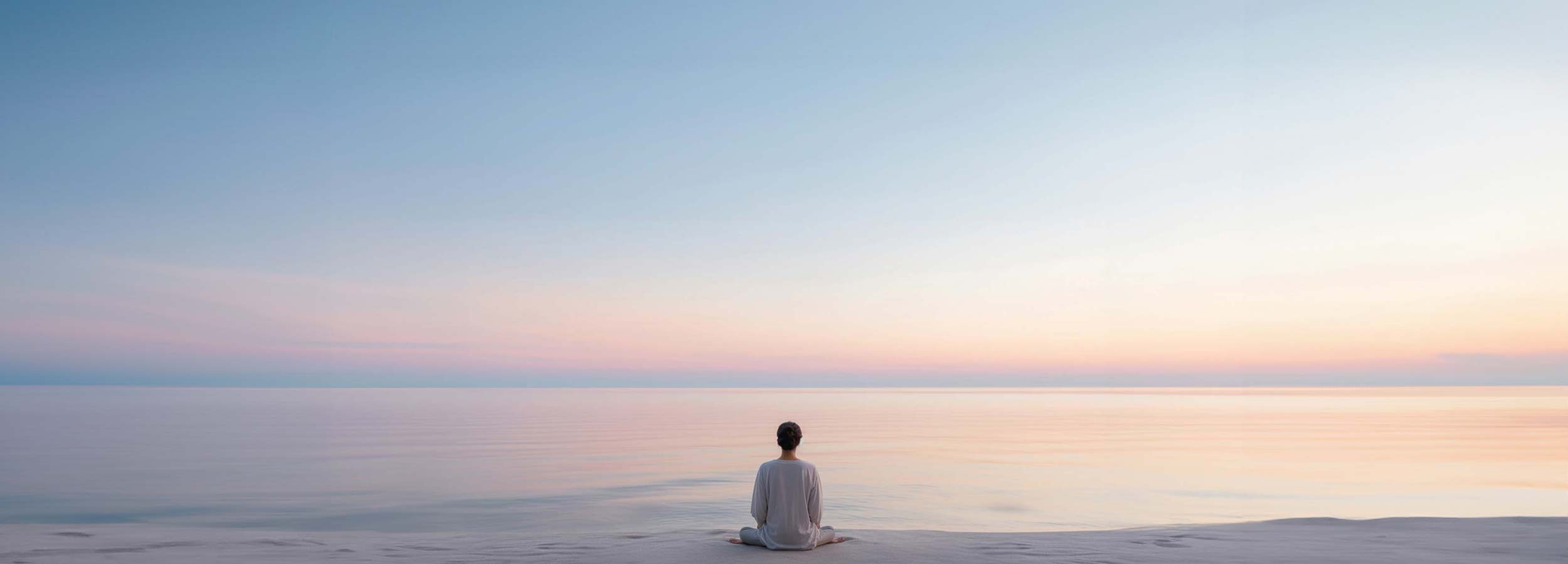
.:|| 404 ||:.
Eller ett underbart tillfälle att ta ett djupt andetag och sedan gå vidare
FRI FRAKT ÖVER 499 (SE)
Snabbt och spårbart till dörren
top notch support
Vi finns här för dig!
Säkra betalningar
Klarna, Apple Pay, Paypal etc
ETISKT OCH HÅLLBART
Vi kompromissar aldrig
